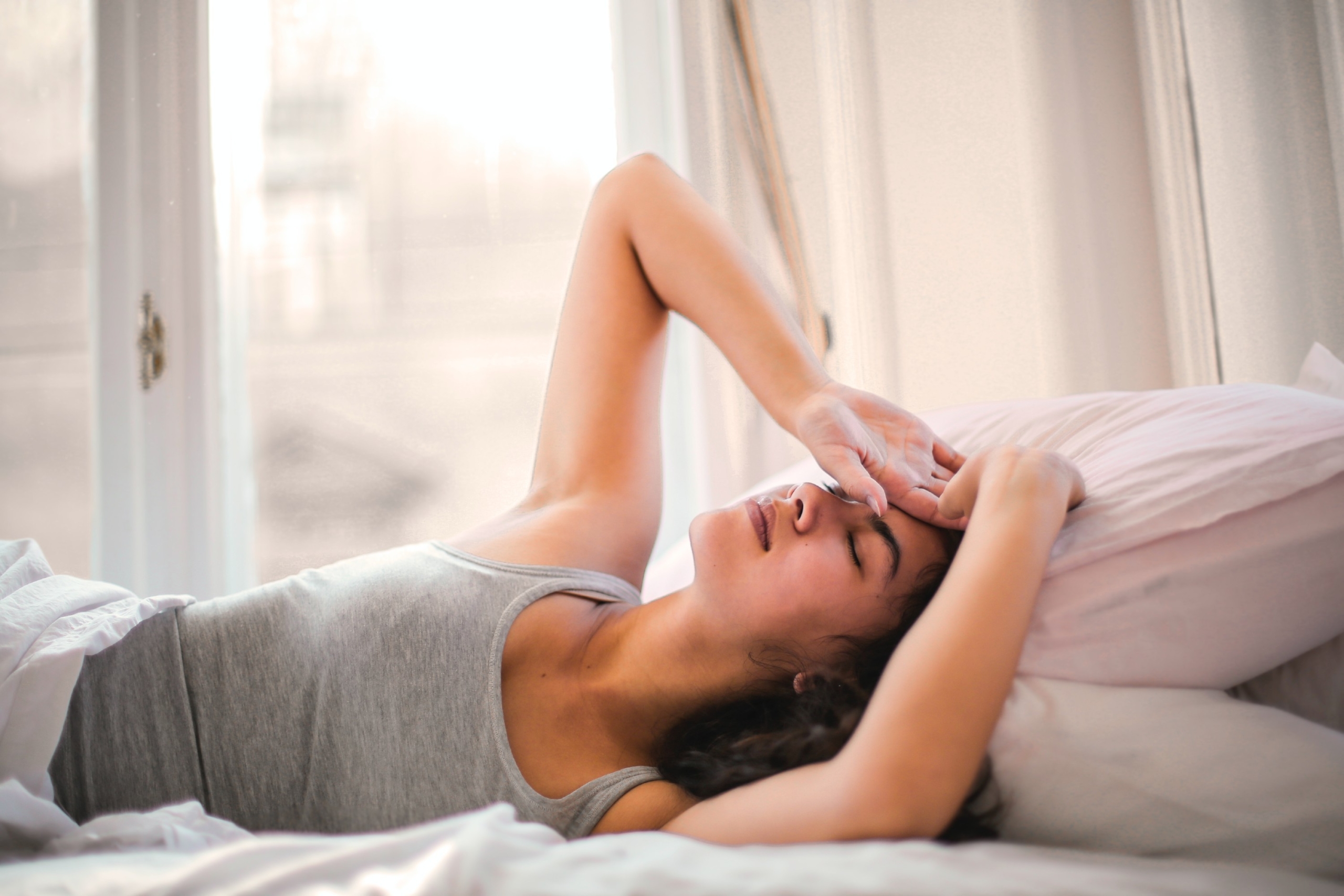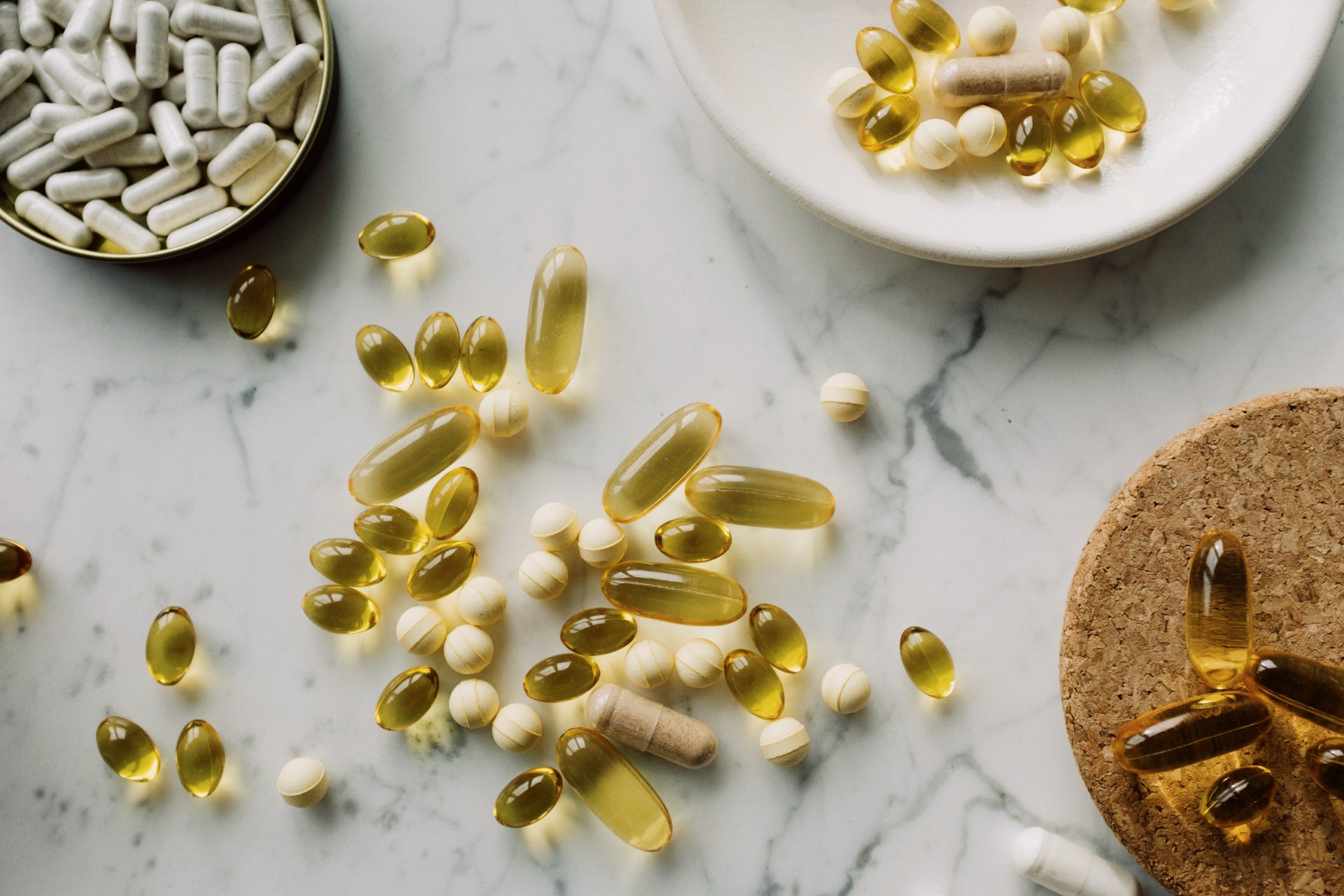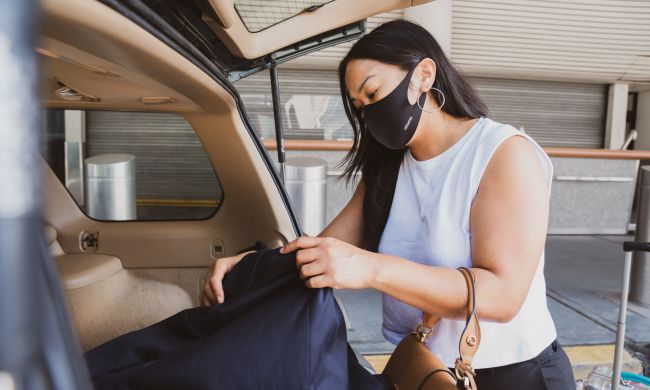Everyone experiences some degree of anxiety from time to time, and being nervous or occasionally anxious is a part of life at any age. However, when your worries and woes start to interfere with your daily life, it can cause all sorts of physical and mental conditions, such as a perpetual feeling of dread, shortness of breath, and an upset stomach. An anxiety disorder can be debilitating, so it is important to seek professional help if you’re struggling to manage your anxious thoughts.
While there is not a cure for anxiety, there is a range of treatments to manage it, from anti-anxiety medication to lifestyle changes and home remedies. You should always speak to your doctor before adding any vitamins and herbal supplements, but once you get the go-ahead, consider these five mood-mellowing, stress-reducing options.

Vitamin D
If your mood tends to fall flat and your anxiety level rises in the dark winter months, you might benefit from taking a Vitamin D supplement. Your body naturally produces this nutrient when sunlight gives your cells enough energy to undergo Vitamin D synthesis. So when there’s less sunlight, you may need a little boost.
A 2015 study found that people who reported high levels of anxiety and depression had naturally low levels of Vitamin D. and, additional research found that women with both clinical depression and type 2 diabetes who started taking Vitamin D supplements had lower levels of anxiety compared to the control group.
Vitamin D can regulate your mood and support brain health, so adding this supplement to your daily routine, especially in the dark winter months, might be a worthwhile solution for you.
Magnesium
This mineral plays an important role in your body’s physiological function, playing a part to decrease anxiety and depression.
A 2017 analysis synthesized multiple studies on the subject and found that magnesium may have a stress-diminishing effect. You can definitely add this into your diet on a day-to-day basis by increasing your spinach intake, or you can talk to your doctor about taking a magnesium supplement.

Chamomile
If chamomile tea takes the edge off after a long day, it’s likely due to more than the calming effects of a warm beverage. A 2016 study found that people who took a 1,500 mg chamomile supplement each day for two months reported benefits similar to those of common medications that treat generalized anxiety.
Lemon balm
People have been using this mollifying extract for thousands of years, and early research backs up this time-tested supplement as a natural calming agent.
A medical article published in 2016 noted that lemon balm can ease anxiety and depression symptoms and even enhance sleep quality. As an added bonus, it also boosts gastrointestinal health. If you don’t love taking pills, consider putting the extract in your next cup of tea.
Valerian root
Valerian root dates back centuries as a homeopathic remedy that boosts physical and mental health. Frequently utilized to treat insomnia, valerian root supplements offer anxiety-reducing effects and encourage a calmer state of mind. A 2017 blind study found that those who took a valerian root supplement had significantly greater relief from obsessive-compulsive disorder (a manifestation of anxiety) than those who received a placebo pill.
Anxiety is tricky. Sometimes it can be hard to distinguish between everyday stress and perpetual worry. If your anxiety is interfering with everyday life, reach out to a medical or psychological professional. Importantly, if your anxiety or depression has you considering self-harm, seek immediate help, or call 911. Anxiety doesn’t have to take center stage in your life. Whether you want to address anxiety with mindfulness techniques and natural supplements or reach out for professional help, you have options, and you’re not alone.
BlissMark provides information regarding health, wellness, and beauty. The information within this article is not intended to be medical advice. Before starting any diet or exercise routine, consult your physician. If you don’t have a primary care physician, the United States Health & Human Services department has a free online tool that can help you locate a clinic in your area. We are not medical professionals, have not verified or vetted any programs, and in no way intend our content to be anything more than informative and inspiring.


